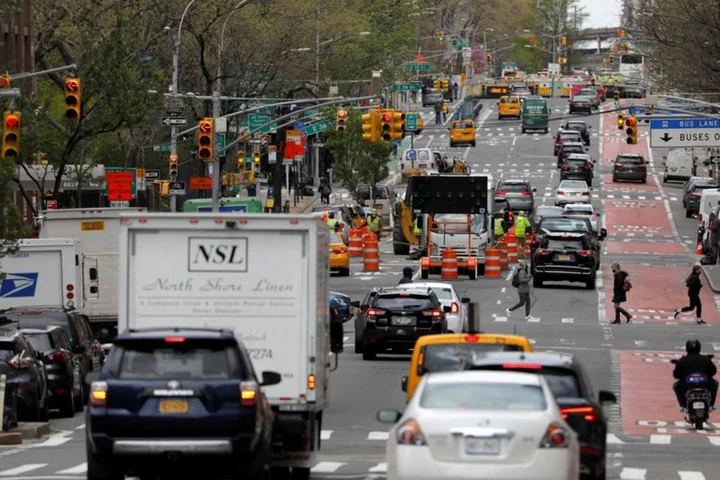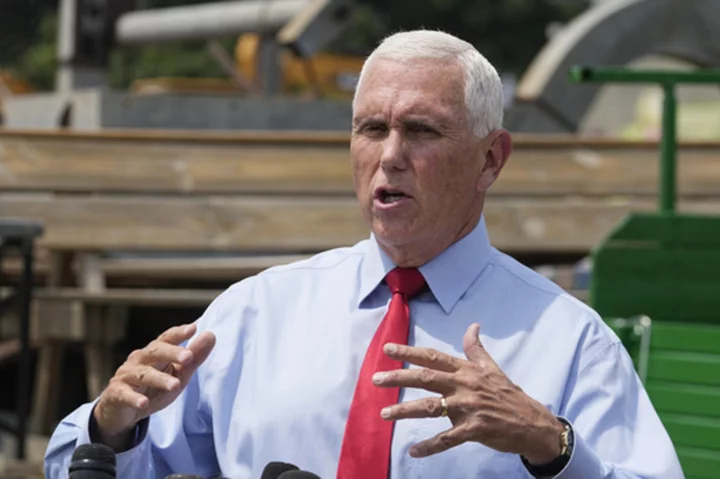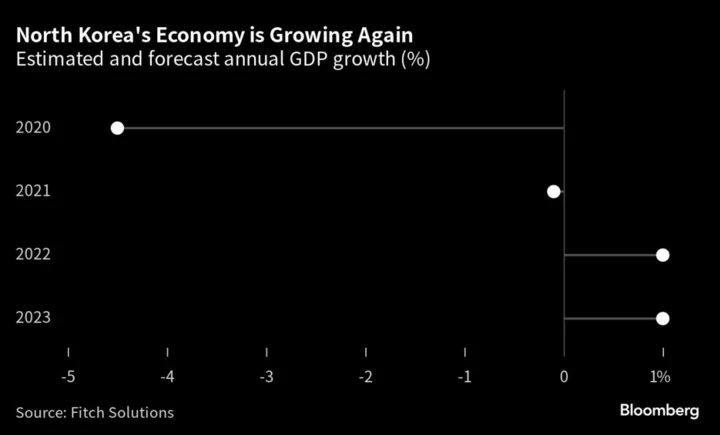The state of New Jersey sued the Biden administration on Friday seeking to block New York City's congestion pricing plan.
Last month, the plan cleared a major roadblock when the U.S. Department of Transportation's Federal Highway Administration (FHWA) said the city had adequately assessed how the congestion charge would help the environment.
The city aims to start charging a daily toll of up to $23 on vehicles entering or remaining in the central business district as early as next year.
The state sued FHWA saying it had failed to conduct a proper environmental review and said it "also ignored the significant financial burden being placed on New Jerseyans and New Jersey’s transportation system as a result of this congestion pricing scheme."
FHWA did not immediately comment.
New York wants to charge a daily variable toll for vehicles entering or remaining within the central business district, defined as between 60th Street in Midtown Manhattan and Battery Park on Manhattan's southern tip.
New York City, which has the most congested traffic of any U.S. city, would become the first major city in the U.S. to follow London, which implemented a similar charge in 2003.
New York lawmakers approved the plan in 2019 to provide funding to improve mass transit by using tolls to manage traffic in central Manhattan. The plan was originally projected to start in 2021, but the federal government under President Donald Trump took no action.
A 2022 New York environmental assessment found the charge would cut traffic, improve air quality, make buses more reliable and increase transit use by 1% to 2%. The toll would generate $1 billion to $1.5 billion a year and support $15 billion in debt financing for mass transit improvement.
(Reporting by David Shepardson; Editing by Angus MacSwan)









